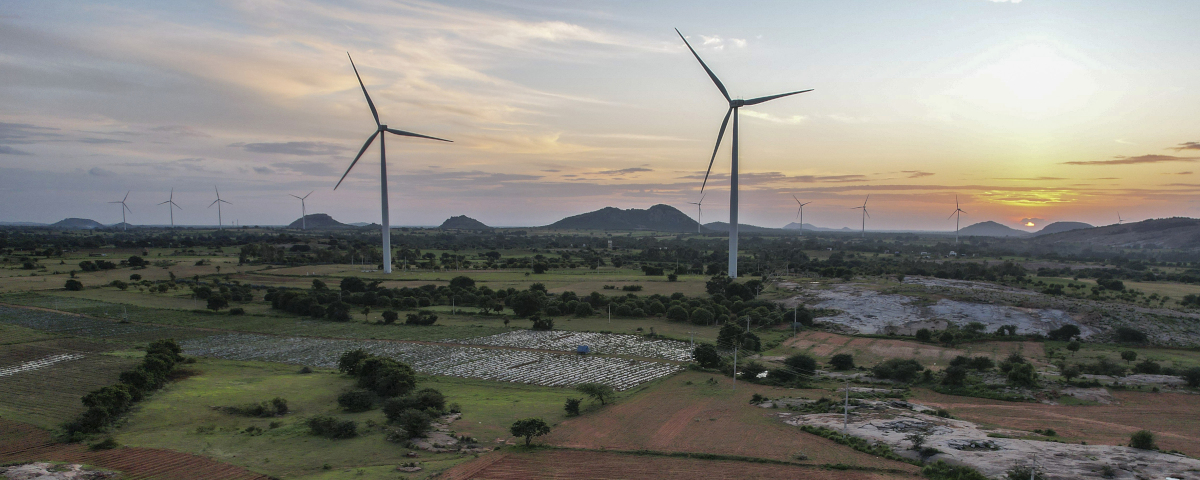At The Hub, we firmly believe that forward-looking optimism is an important part of creating a better future for Canada. It’s easy to embrace knee-jerk negativity and luddism, but that doesn’t help us build a better country. We’re determined to embrace the best parts of technology… even when it creeps us out. So today, we’re publishing an op-ed by ChatGPT, the conversational robot created by OpenAI. We asked it to explain why achieving net zero emissions might not be achievable and here’s what it told us.
Net zero emissions, or the balance between greenhouse gas emissions and carbon sequestration, has been hailed as a necessary goal in the fight against climate change. However, there are several reasons why achieving net zero may not be possible or practical.
First, the technology and infrastructure required to achieve net zero emissions on a global scale is currently lacking. The transition to renewable energy sources such as wind and solar power, as well as the development of carbon capture and storage technologies, will require significant investments of time and resources. In addition, many countries and industries are heavily reliant on fossil fuels, and transitioning away from these sources of energy will be challenging and costly.
For example, the electricity sector is the largest source of greenhouse gas emissions in the United States, accounting for approximately 28 percent of total emissions. In order to achieve net zero emissions in the electricity sector, it will be necessary to transition to renewable energy sources and retire existing fossil fuel-fired power plants. However, this transition will require significant investments in new technology and infrastructure, as well as the development of a skilled workforce to support the growth of the renewable energy industry.
Furthermore, even if the technology and infrastructure necessary to achieve net zero emissions were to be developed, it is unclear whether it could be implemented on a global scale within the limited timeframe available. The Intergovernmental Panel on Climate Change (IPCC) has estimated that global greenhouse gas emissions must be reduced by 45% by 2030 and reach net zero by 2050 in order to avoid the most catastrophic effects of climate change. This will require a rapid and coordinated transition to a low-carbon economy, which may be difficult to achieve given the complexity and scale of the problem.
Second, achieving net zero emissions may not be enough to address the threat of climate change. Even if global emissions were brought to zero, the Earth’s atmosphere would still contain a significant amount of greenhouse gases, and the effects of climate change would continue to be felt. In order to truly mitigate the effects of climate change, it may be necessary to actively remove carbon dioxide from the atmosphere, a task that is currently not feasible on a large scale.
Carbon sequestration, which involves capturing and storing carbon dioxide from the atmosphere, is one potential solution to this problem. However, carbon sequestration technologies are still in their infancy, and it is unclear whether they can be developed and implemented on a large enough scale to make a meaningful difference. In addition, carbon sequestration may have unintended consequences, such as the release of stored carbon dioxide if the storage facilities were to fail.

Third, achieving net zero emissions may have significant economic costs. The transition to a low-carbon economy will require significant investments in new technology and infrastructure, and this could lead to job losses and disruptions in certain industries. In addition, the implementation of carbon pricing and other policies designed to reduce emissions may result in higher costs for consumers and businesses.
For example, the implementation of a carbon tax, which would increase the price of fossil fuels and other carbon-intensive goods and services, could have a negative impact on the economy. It could lead to higher energy prices, which could disproportionately affect low-income households, and it could also make certain industries, such as manufacturing, less competitive in the global market.
Furthermore, the transition to a low-carbon economy may also have distributional effects, as the costs and benefits of the transition will not be evenly distributed across society. Certain communities and workers may be disproportionately affected by the closure of fossil fuel-fired power plants and the decline of the fossil fuel industry. Ensuring that the transition to a low-carbon economy is just and equitable will require significant political will and resources.
In conclusion, the goal of achieving net zero emissions is unrealistic and impractical. While it is important to continue working towards reducing greenhouse gas emissions, we must also be realistic about the challenges and limitations of achieving net zero emissions on a global scale. Instead of focusing on an unattainable goal, we should focus on practical solutions to the problem of climate change, such as the development of alternative energy sources and the implementation of policies to reduce emissions.
Recommended for You

Immigration debates become unavoidable and the Toronto Maple Leafs win the Stanley Cup: The Hub’s can’t-miss predictions for 2025

Trump will be a lame duck and human trafficking will be a major problem: The Hub’s can’t-miss predictions for 2025

Clifford Orwin: America’s first-ever double Extreme Makeover election

Poilievre will be more Mulroney than Ford and Canada-India relations will stay frosty: The Hub’s can’t-miss predictions for 2025



